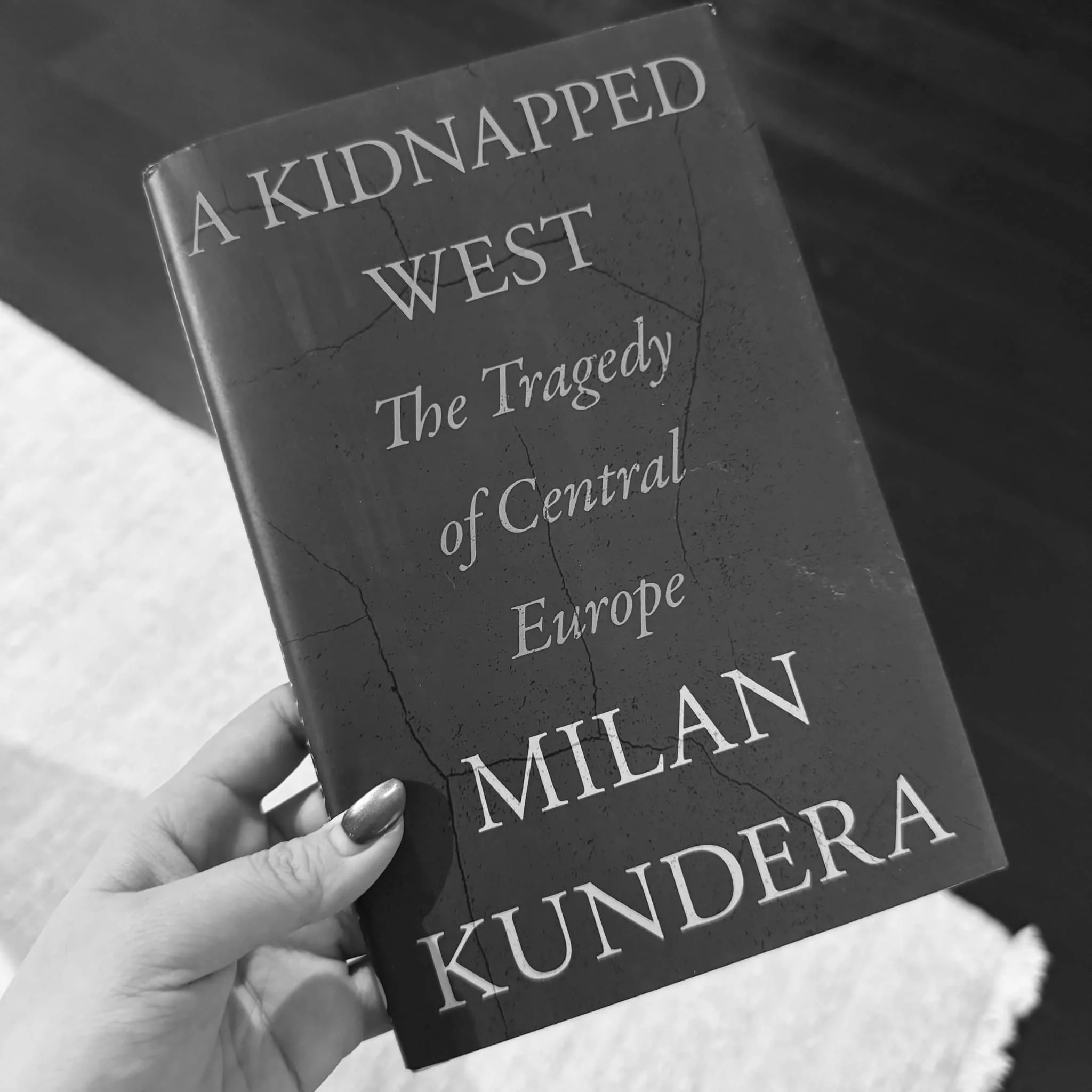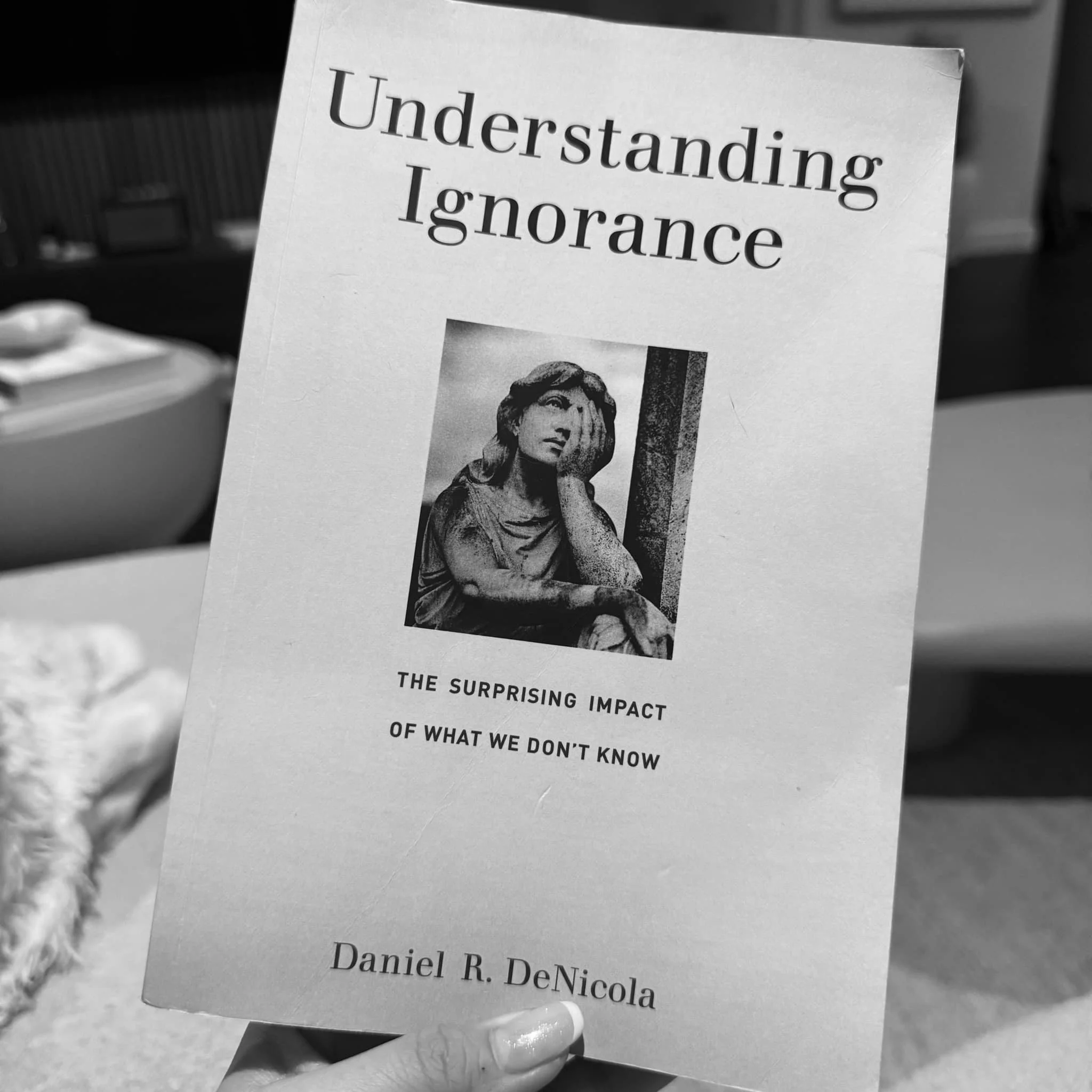Paper Soldiers: How the Weaponization of the Dollar Changed the World Order by Saleha Mohsin
Paper Soldiers: How the Weaponization of the Dollar Changed the World Order by Saleha Mohsin
It wasn’t an invasion, an uprising, or an international decree that brought Venezuela’s economy to its knee—it was a piece of paper. Signed in Washington, D.C., the U.S. wielded its most potent weapon: the dollar.
That 2.61-inch-by-6.14 inch piece of paper.
Monetary system enthralls me. The fact that humanity has conjured something so abstract, yet still prefers material rationales to anchor its meaning, further deepens my intrigue.
Human civilization has refined the concept of value to abstract forms, none more ubiquitous than the 2.61-by-6.14-inch banknote. This piece of paper, unremarkable in its physical composition, derives its worth not from the material it is printed on, but from its recognition by legal systems as a binding contract. It represents a societal promise, a tacit agreement that the state owes the holder a set amount of value. The Metalists, enthusiasts of gold, meanwhile, assert that its scarcity and physical attributes make it the only true currency— scarce, hard, malleable, tangible, durable and intrinsically valuable. Yet, in reality, no currency system, be it fiat or commodity-based, is objectively supreme. All are mere conventions—tools shaped by societal trust and shared belief. That, is yet another topic I’ll leave it for another day.
Money, though, an abstract social construct, is wielded with the tangible force of dominion. Though immaterial in essence, it exerts unparalleled power to dictate economies, alter the course of nations, and subjugate individuals through its omnipresent sway.
In the book Paper Soldiers: How the Weaponization of the Dollar Changed the World Order, the author Saleha Mohsin delineates how the United States has finessed the artifice of economic subversion, deploying sanctions with annihilating precision, crippling entire economies without firing a single shot. The United States has harnessed the unrivaled status of the U.S. dollar to dictate its global agenda through leveraging the paper soldiers. Central to this strategy is the U.S. Treasury's Office of Foreign Assets Control (OFAC), which bears immense dominance to banish entire nations from the global financial network. Through targeted sanctions, OFAC has not only stymied the economies of countries such as Iran, Venezuela, and North Korea, but also signaled the potential devastation awaiting any regime that deviates from U.S. interests. Whether deemed just or unjust, these sanctions perturb crucial economic lifelines like oil exports and financial liquidity, rendering targeted economies vulnerable to collapse. There are wider implications of this financial weaponization. Mohsin underscores the pivotal role of SWIFT, the international financial messaging system, in tracking global capital flows. The U.S.’s ability to control access to this system ensures that sanctions bite deeply, choking off access to the international market and forcing compliance.
Yet, Mohsin's narrative warns of an impending reckoning. While the U.S. has long relied on its currency as a tool of coercion, countries like Venezuela are not merely capitulating. Instead, they are forging alternative alliances and exploring new financial systems that bypass the U.S. dollar. Venezuela, for instance, has sought to trade its oil for goods and services in bilateral deals with countries like Turkey and Iran, further eroding reliance on the dollar. Iran, in response to decades of sanctions, has turned to bartering goods with other nations as well, especially within the region, as a way of circumventing the need for dollars. Additionally, Russia, in the wake of sanctions following its annexation of Crimea and the more recent penalties after its invasion of Ukraine, has sought to create ruble-based payment systems and forged deeper ties with China through transactions denominated in yuan. Similarly, China has been promoting the use of its own currency in international trade through initiatives like the Belt and Road, subtly positioning the yuan as a rival to the dollar in Asia and beyond. These trends, which Mohsin suggests could erode the U.S.'s economic hegemony, illustrate the unintended consequences of relying too heavily on financial sanctions as a tool of statecraft. This quiet but growing resistance could mark the beginning of a slow unraveling of the global financial order—a system that has for decades revolved around the U.S. and its ability to dictate the terms of international trade.
Now, my opinion.
I don’t like this book.
Don’t get me wrong. Economic history is my forte. The Euro by Joseph E. Stiglitz, captivating; Keynes and Hayek by Nicholas Wapshott, intriguing, The Collapse of Antiquity by Michael Hudson, great book; Austerity by Mark Blyth, stimulating; 21st Century Monetary Policy by Ben S. Bernanke, not bad. But this book? …..This topic holds significant promise, yet it is regrettably marred by its lackluster presentation.
I think the problem lies with product positioning and the misleading title.
The author markets this book as an incisive treatise on the dollar's burgeoning, at times oppressive, influence within the sphere of international sanctions and economic hostilities, arguing that this dynamic has engendered a gradual yet significant withdrawal of foreign nations from dependence on the dollar. Yes, this is what I wanted to read.
Yet, this central theme accounts for at most 20% of the text. The remaining 80% is an excruciating march of vacuous dialogue….ok that may be a bit mean…perhaps a grueling struggle of pointless chatter on the anecdotal accounts concerning Treasury secretaries, a rudimentary history on the dollar, and a barrage of political sentiment. It’s not that a book can’t have a political bent. An author can lean whatever direction they desire, for example the author of The Euro, Joseph E. Stiglitz is a leftist and a rambling polemicist, and Thomas Sowell, is a right leaning economist; both of their books are gold. A book can certainly possess a political inclination; however, the author’s political orientation and sentiments should not lead the central theme to diverge excessively from its primary subject. Unless the political diatribe is, in fact, the principal focus masquerading as a seemingly innocuous analysis of economic history.
All the gossip and tea about the nitty gritty of the Treasury department’s actions and the relentless drone on the political sentiment all seem to me as a paltry endeavor by the author to veil the glaring absence of substantial insights into the fiercely contested matter of de-dollarization. More like “De-dollarization, yes, it is happening. Why? U.S. bad, bad, period. What do we do? Don’t know.”
The conclusion reads more like an introduction to the intricate details of dollar weaponization and the public's responses, yet it fails to deliver a satisfying resolution. The narrative predominantly emphasizes the personalities and politics at play, as well as the “Kremlinology” of traders who scrutinize every utterance from a Treasury Secretary to inform their trades, resulting in volatile market fluctuations. The book only excels when illustrating the immense pressure faced by these Secretaries, highlighting their need for careful speech and the delicate management of their relationships with politicians to preserve their influence over economic policy.
The book did offer some reflection on the costs of weaponizing the dollar to assert financial dominance and the fragile balance of power that holds the global economy in place. However, the ideas are very rudimentary.
It would be great if the author actually dives deep into the central thesis: Weaponization of the dollar, impact on global power structures, consequences for sovereignty, emergence of alternative currencies, predictions of future global order, and potential solutions to de-dollarization, not that I think it is inherently a negative event, but from the U.S point of view, they probably should think about that.



